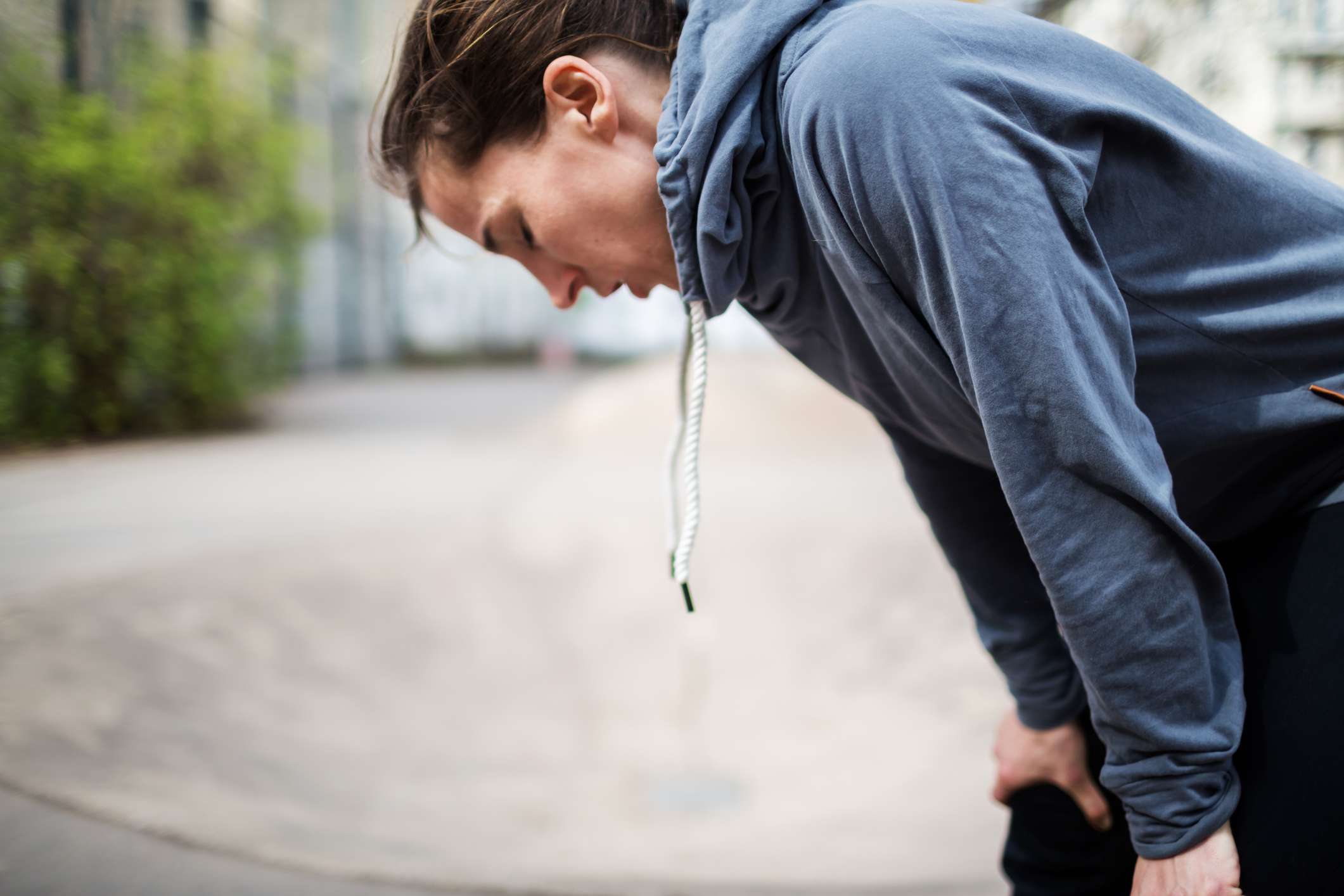
She noticed it on the third floor. A pause. A sharp breath. She wasn’t rushing. Just climbing. She reached the door and leaned on the wall. It passed quickly, but not without leaving a question. It hadn’t happened last month.
It passed quickly, but not without leaving a question
At first, she blamed the weather. Then the shoes. Then her breakfast. Every day, a new reason. None of them felt convincing. The shortness came and went. Never loud. Just enough to remind her something had changed.
She started avoiding hills on her morning walk
Her usual route included a slope. Nothing steep. But it became harder each week. She adjusted without admitting it. Changed direction. Took longer streets. She didn’t tell anyone. Not yet.
The breathlessness didn’t follow a pattern
Some days she felt fine. Other days, even standing still felt tight. She checked her pulse. Sat down. Waited. Nothing dramatic. Nothing clear. But something was there.
It was different from being tired
Fatigue came with effort. This didn’t. It arrived during small moments. Talking on the phone. Reaching for something. Laughing too long. She could still move. Just not freely.
The air felt thinner without reason
Inside, outside—it didn’t matter. She opened windows. Adjusted fans. The feeling stayed. Like her lungs had less room. Or her chest forgot how to stretch.
She didn’t feel pain, but discomfort grew
It wasn’t sharp. Not stabbing. Just a presence. A pressure near the center of her chest. Breathing wasn’t blocked, just shortened. As if something invisible pressed down gently.
She read about anxiety and wondered
The articles mentioned shallow breathing. Racing thoughts. A feedback loop. It matched sometimes. But not always. She didn’t feel scared. Just puzzled. Calm, yet breathless.
She counted her breaths at night
Ten in. Ten out. Then again. Her chest moved, but the inhale felt hollow. She wasn’t gasping. She just couldn’t fill the lungs completely. The ceiling fan turned quietly. She listened to it more than usual.
A friend asked if she’d seen a doctor
She said no. Not yet. It didn’t seem urgent. Just inconvenient. Her friend raised an eyebrow. Said the same thing had happened to her sister. That sentence stayed in her head for days.
She noticed her heart racing for no reason
While doing dishes. While tying her shoes. Her breath shortened again. She stood still. Waited. Her hands trembled slightly. It passed, but not easily.
She didn’t have a cough, but something felt off
No fever. No phlegm. Nothing to blame. But each day brought a little less ease. Her lungs weren’t noisy, just unsure. The silence was its own warning.
She tried breathing exercises
They helped. Temporarily. Long inhales. Slow exhales. The rhythm calmed her. But the tightness returned once she stopped counting. Breathing felt more like managing.
She finally made the appointment
The receptionist asked what was wrong. She said, “It’s hard to explain.” That was true. The symptoms were soft. The worry was louder. She circled the date on her calendar and watched it all week.
The doctor asked about her routine
He listened. Took notes. Asked if she’d had COVID. If she smoked. If her parents had lung issues. She answered everything slowly. It felt strange to say it all out loud.
The tests didn’t scare her, but waiting did
The X-ray was quick. The ECG took minutes. The blood work felt routine. But waiting for answers was heavier than expected. Each day stretched longer.
Her results showed something, but not everything
No red flags. No green lights. The doctor called it “functional.” A vague term. She asked if it would get worse. He said it might. Or it might stay the same. That was the hardest part.
She learned how many things affect breath
Heart rhythm. Iron levels. Weather. Sleep. Nerves. Posture. She had never thought about breathing until it became difficult. Now she noticed every inhale.
She stopped saying it was nothing
It wasn’t dramatic. But it was real. The shortness had shape now. A name. A plan. She still had questions. But fewer doubts. That mattered most.
